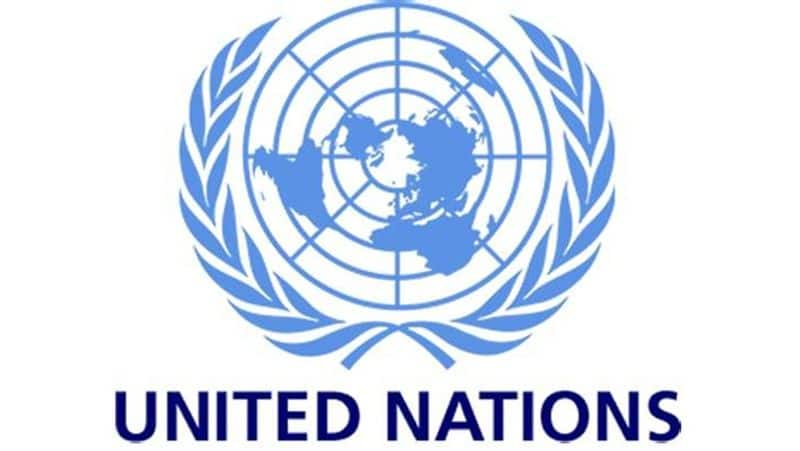An analysis released by UN Department of Economic and Social Affairs (UN-DESA) has stated that the global economy could shrink by up to 1 per cent in 2020 due to the COVID-19 pandemic
Bengaluru: In what can be considered a gloomy prediction, an analysis released by UN Department of Economic and Social Affairs (UN-DESA) has stated that the global economy could shrink by up to 1 per cent in 2020 due to the COVID-19 pandemic.
It has also said that it can contract even further if restrictions on economic activities are extended without adequate fiscal responses.
It adds that millions of workers are at risk of losing their jobs as nearly 100 countries close their national borders. That could translate to a global economic contraction of 0.9 per cent by the end of 2020, or even higher if governments fail to provide income support and help boost consumer spending.
According to the forecast, lockdowns in Europe and North America are hitting the service sector hard, particularly industries that involve physical interactions such as retail trade, leisure, and hospitality, recreation and transportation services. Collectively, such industries account for more than a quarter of all jobs in these economies, adds a popular website.
Nearly 25 million jobs could be lost:
Nearly 25 million jobs could be lost worldwide due to the coronavirus pandemic, but an internationally coordinated policy response can help lower the impact on global unemployment, according to a UN agency.
In its preliminary assessment report titled "COVID-19 and world of work: Impacts and responses", the International Labour Organization (ILO) calls for urgent, large-scale and coordinated measures across three pillars - protecting workers in the workplace, stimulating the economy and employment, and supporting jobs and incomes.
The ILO said these measures include extending social protection, supporting employment retention (i.e short-time work, paid leave, other subsidies), and financial and tax relief, including for micro, small and medium-sized enterprises.
It also proposes fiscal and monetary policy measures, and lending and financial support for specific economic sectors.
The economic and labour crisis created by the COVID-19 pandemic could increase global unemployment by almost 25 million, the ILO said.
"However, if we see an internationally coordinated policy response, as happened in the global financial crisis of 2008/9, then the impact on global unemployment could be significantly lower," it added.
Last Updated Apr 2, 2020, 2:27 PM IST











![Salman Khan sets stage on fire for Anant Ambani, Radhika Merchant pre-wedding festivities [WATCH] ATG](https://static-ai.asianetnews.com/images/01hr1hh8y86gvb4kbqgnyhc0w0/whatsapp-image-2024-03-03-at-12-24-37-pm_100x60xt.jpg)
![Pregnant Deepika Padukone dances with Ranveer Singh at Anant Ambani, Radhika Merchant pre-wedding bash [WATCH] ATG](https://static-ai.asianetnews.com/images/01hr1ffyd3nzqzgm6ba0k87vr8/whatsapp-image-2024-03-03-at-11-45-35-am_100x60xt.jpg)



